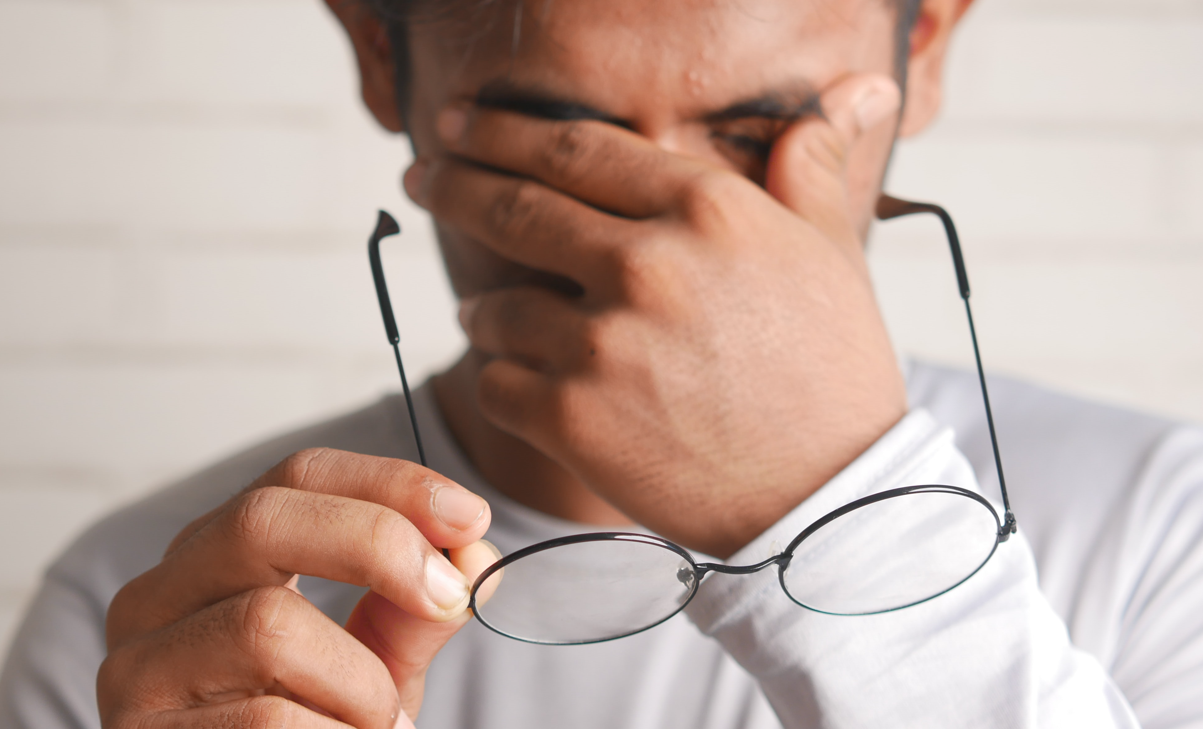If you’re prone to the winter blues, laying off the sweets this holiday season might help
Dark days, long nights, and cold weather can make winter hard to take, but in some people, the winter months can trigger depression. That depression can make people crave sugar, and too much sugar, according to University of Kansas researchers, can worsen depression.
“For many people, reduced sunlight exposure during the winter will throw off circadian rhythms, disrupting healthy sleep and pushing five to 10 per cent of the population into a full-blown episode of clinical depression,” associate professor of clinical psychology Stephen Ilardi explained in a statement. To make matters worse, “A common characteristic of winter-onset depression is craving sugar.
“When we consume sweets, they act like a drug,” Ilardi said. “They have an immediate mood-elevating effect, but in high doses, they can also have a paradoxical, pernicious longer-term consequence of making mood worse, reducing well-being, elevating inflammation, and causing weight gain.” Sugar binges can trigger depressive symptoms for those in generally good health, as well, according to the University of Kansas study, which was published in the journal Medical Hypotheses.
The researchers conducted a meta-analysis of studies looking into the physiological and psychological effects of consuming sugar and found that too much sugar can trigger depression or depressive symptoms because both are linked to inflammation in the body.
“A large subset of people with depression have high levels of systemic inflammation,” Ilardi said. “When we think about inflammatory disease we think about things like diabetes and rheumatoid arthritis–diseases with a high level of systemic inflammation. We don’t normally think about depression being in that category, but it turns out that it really is, not for everyone who’s depressed, but for about half. We also know that inflammatory hormones can directly push the brain into a state of severe depression. So, an inflamed brain is typically a depressed brain.”
Photo: iStock/MillefloreImages.





